Transnationalization Begins at Home – Unseen Dynamics in Public Communication
29th of October 2025 – Library Albertina, University Leipzig
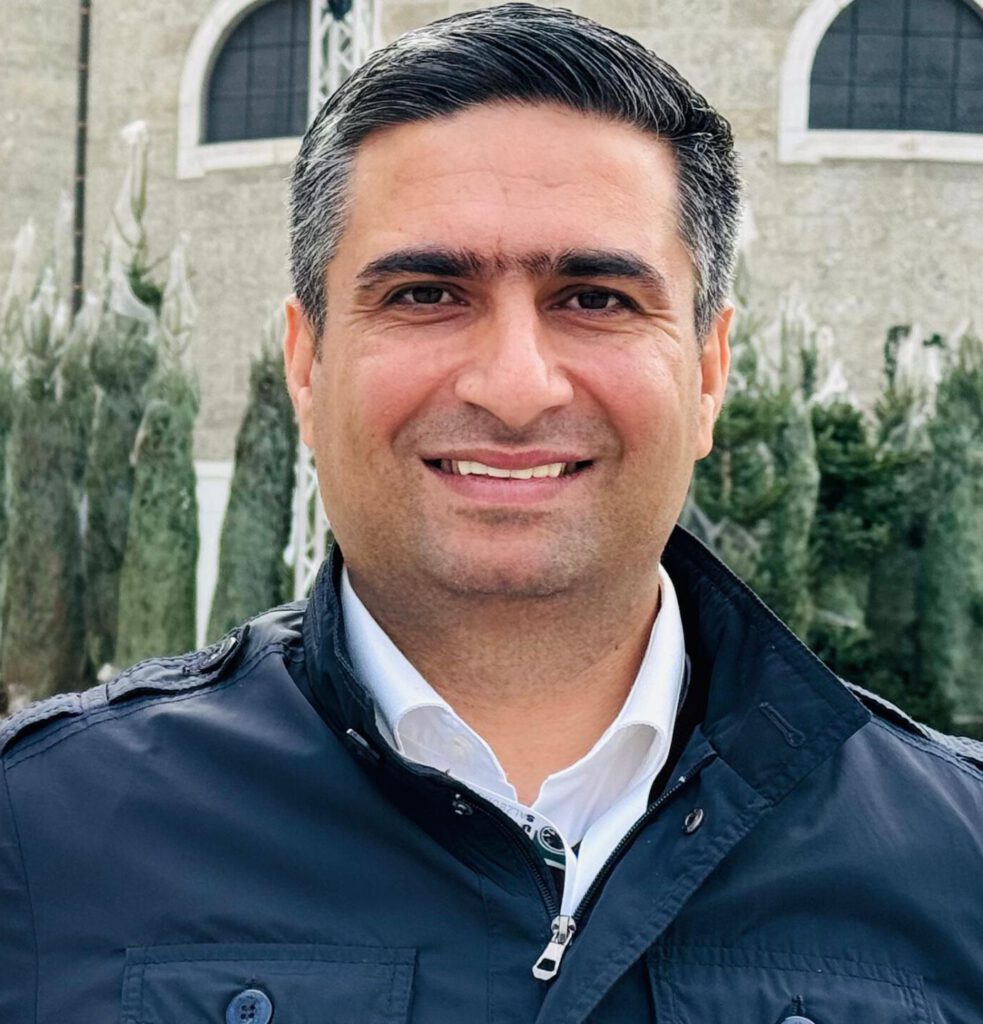
Hamid Obaidi
Hamid Obaidi is a researcher at Leipzig University, where he focuses on journalistic culture in conflict zones. With a postgraduate degree in Journalism and Communication from Shanghai Jiao Tong University, Hamid has over a decade of experience in journalism, academia, and media relations. He worked as an Assistant professor of journalism at Kabul University for more than ten academic years. Notably, some of his works have been published in international journals.
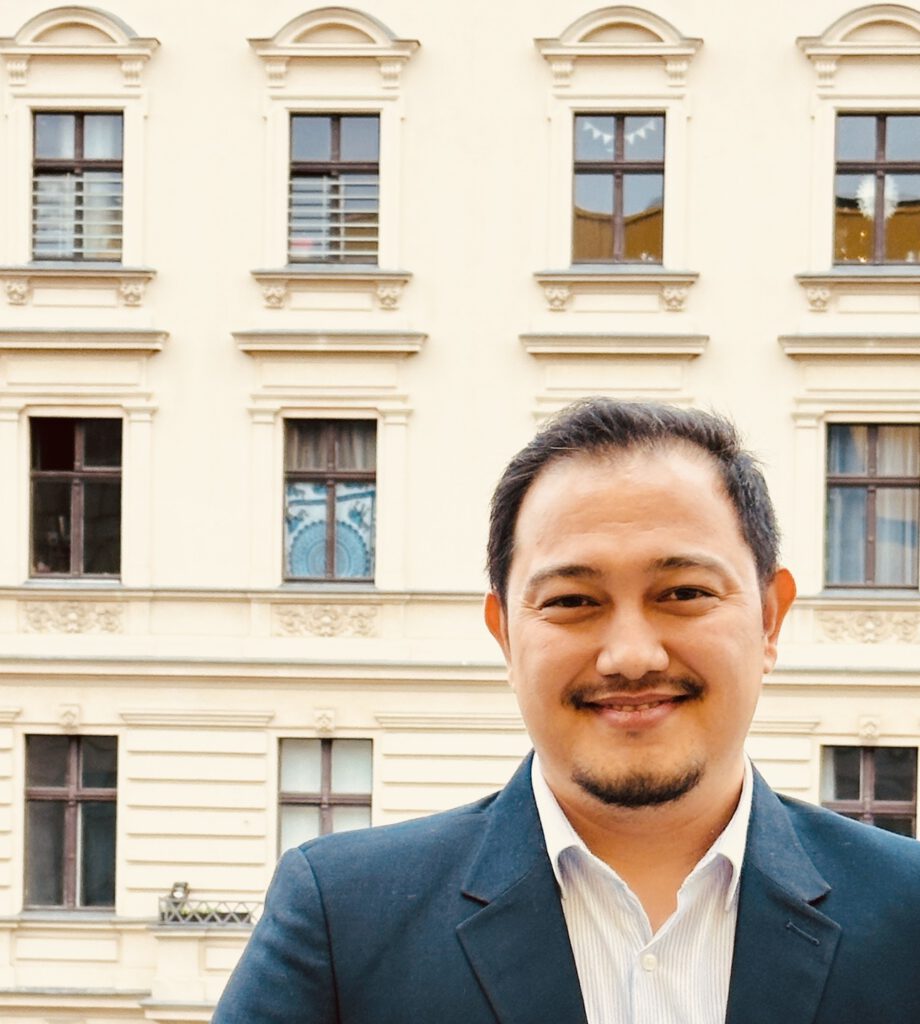
Ali Reza Hussaini
Alireza Hussani is a researcher-practitioner who works at the intersection of policy, evidence, and social impact. He holds an MA in Intercultural Conflict Management from the Alice Salomon University of Applied Sciences Berlin, alongside bachelor’s degrees in Law and Political Science from Kabul University and in Political Science and Public Administration from the American University of Afghanistan. He brings experience from the Asia Foundation’s policy and research team; the Administrative Office of the President of Afghanistan, where he supported UN experts; and the Afghan Girls Financial Assistance Fund (AGFAF), where he served as deputy country director. He has also held a fellowship with the Center for Information Resilience (CIR). Throughout these roles, he has remained deeply engaged in research and collaborative initiatives. He is currently a PhD candidate at Leipzig University.
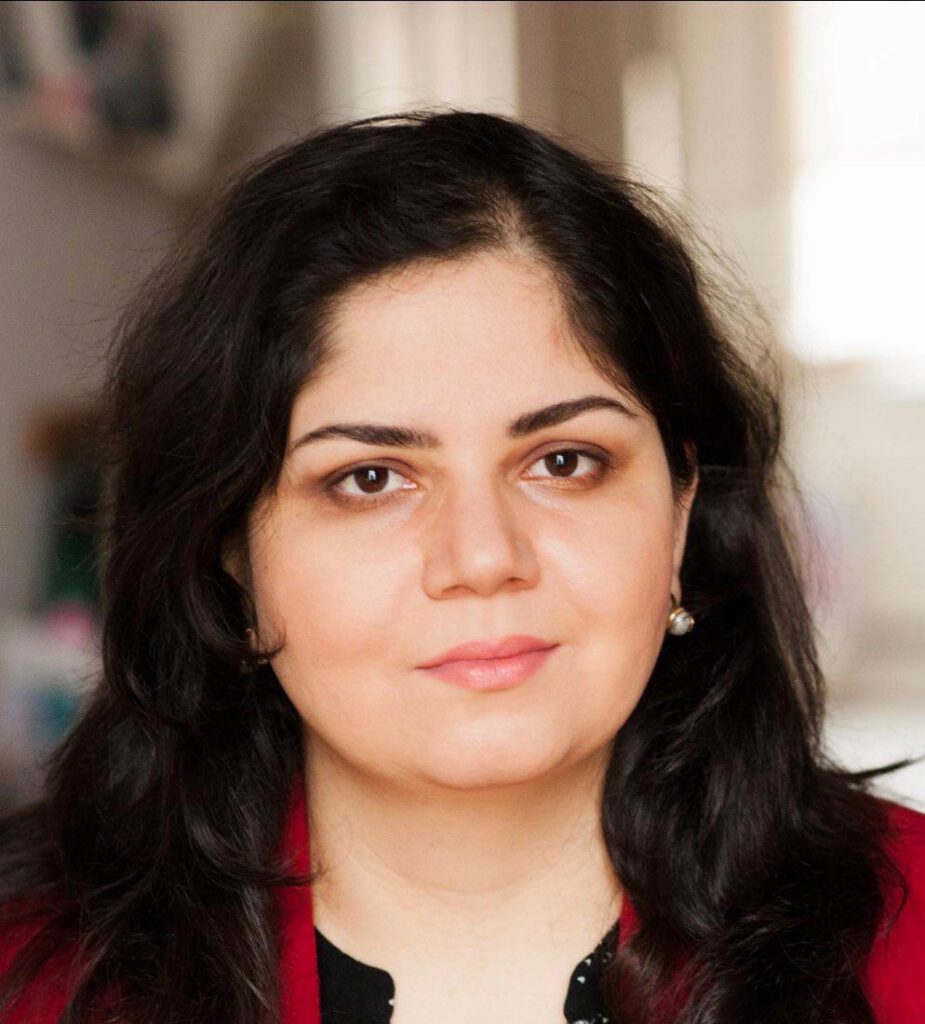
Mariam Meetra
Mariam Meetra is a poet, journalist, and researcher. She obtained a bachelor’s degree in journalism and a master’s in sociology from the Humboldt University of Berlin. She is currently a researcher at the University of Leipzig, previously serving as the Persian literary curator for Deutsche Welle and the Beethovenfest in Bonn. Her current research study, “Gender Activism and Social Media in Afghanistan,” examines how women’s protests were reflected in social media after the Taliban takeover. The author and women’s rights activist is a member of PEN-Afghanistan. Her first poetry collection, “Life on the Margin”, was published in Persian in Kabul in 2013. “Ich habe den Zorn des Windes gesehen” is her second collection of Persian and German poems, published in 2023 by Wallstein Publication House in Germany. She has written for German newspapers and publications, such as Tagesspiegel and Die Horen.
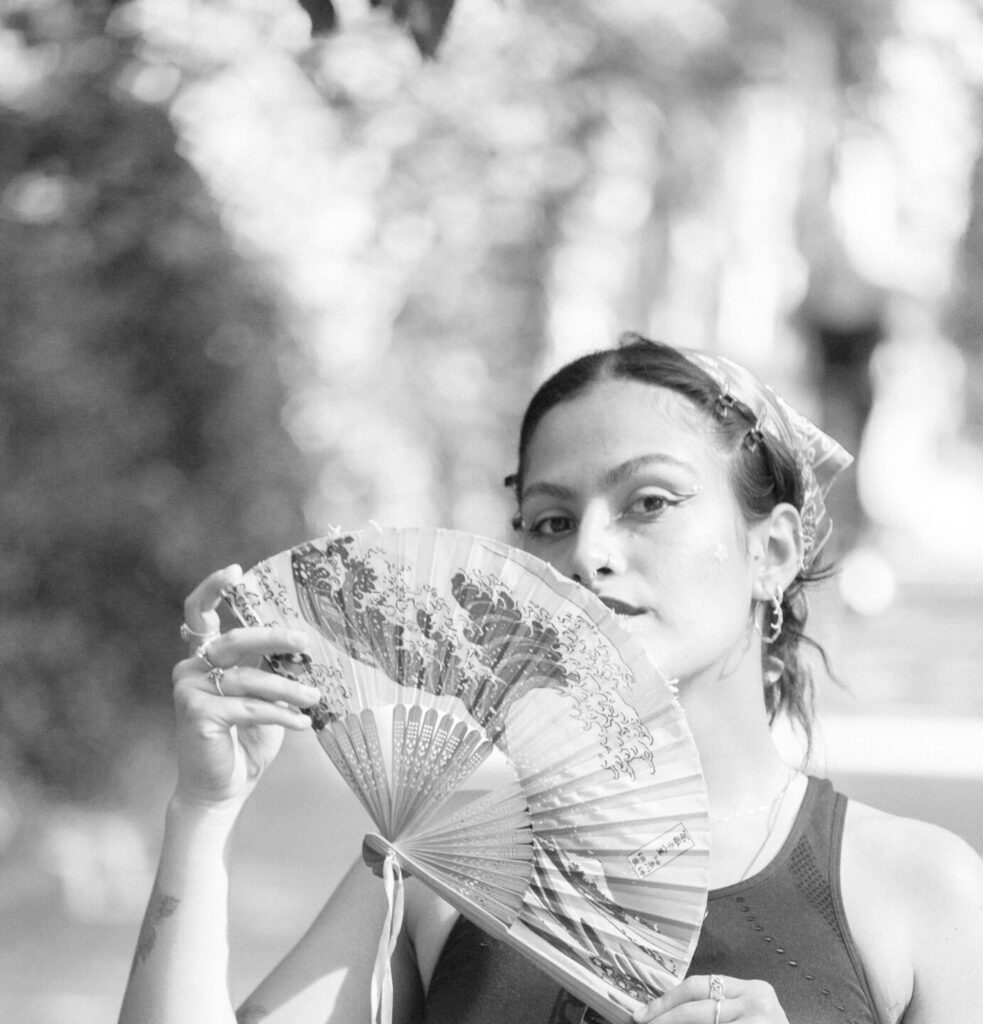
Andrea Patricia Bendaña Tapia
Andrea Patricia Bendaña Tapia is a Media and Communication Science student at the University of Leipzig. She studied at the German Nicaraguan School and migrated to Leipzig, Germany, in 2022. Her longstanding passion for literature and writing has been a central driving force in her academic and personal development. Shaped in part by the sociopolitical crises in Abya Yala, evolving into a commitment to amplifying the voices of marginalized communities. Their work is shaped by an intersectional, decolonial-feminist, and critically disruptive perspective.
Andrea centers their academic work on the experiences of marginalized communities, particularly focusing on creating spaces that call for dialogue and critical exchange, as well as collective learning. Through this work, she seeks to challenge and reconfigure Western-centric (academic) structures, with and for the diasporas.
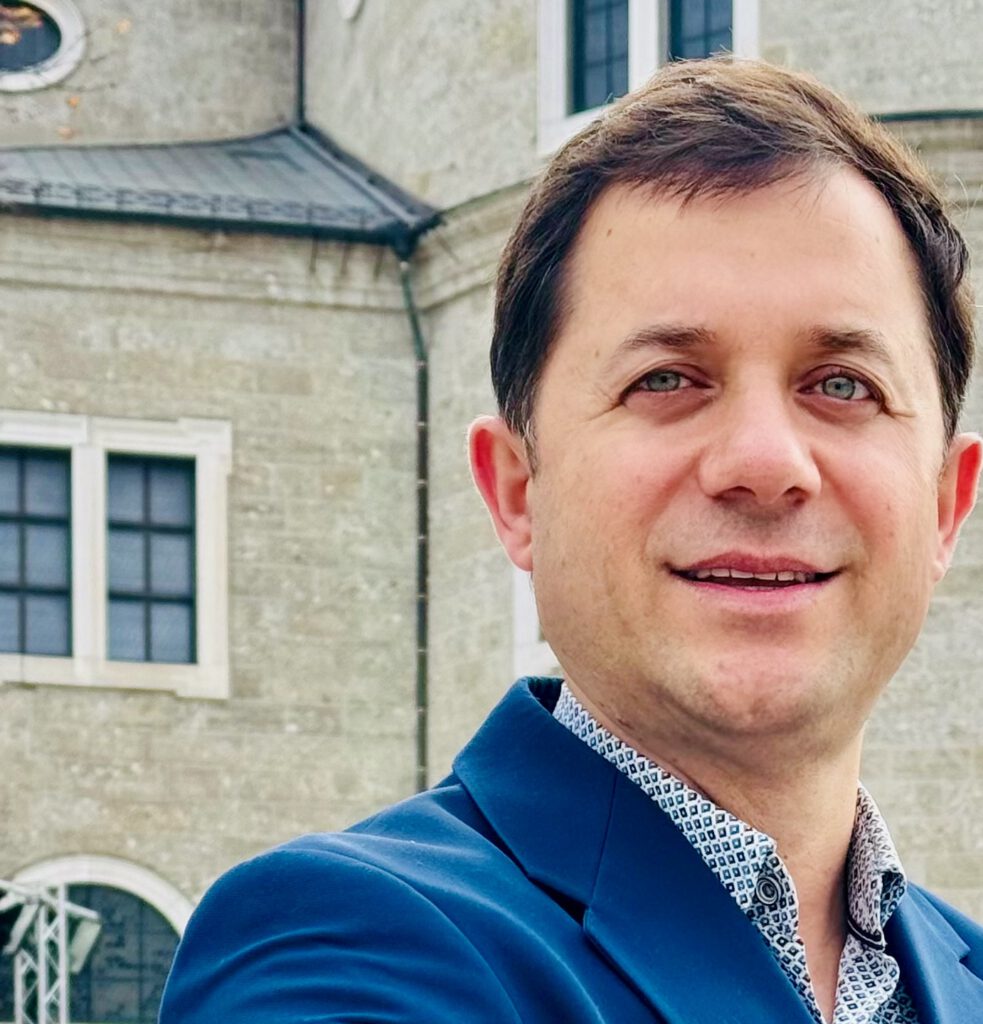
Dr. Hazrat Bahar
Dr. Hazrat Bahar is a postdoctoral research fellow at the Institute for Communication and Media Studies at Leipzig University, in collaboration with the Institute of International Education Scholar Rescue Fund (IIE-SRF). He earned his MA in international relations from the International University of Japan and completed his PhD in communication at Shanghai University. His research interests include the impact of social media, media systems, political communication, and international relations, focusing on Afghanistan. He has published in several journals, including Media Asia, Global Media Journal, and Cross-Cultural Communication
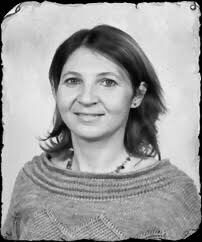
Asli Telli
Associate Prof. Asli Telli is a researcher of media and communications with a special interest in digital knowledge commons, community-led movements and south-south cooperation. Her latest publications and op-eds focus on exiled knowledge in/outside higher education, academic dissent and media-work in European diaspora. She has been supporting diaspora peace initiatives through her non-violent communication seminars during her time in exile as a peace worker since 2017. She is currently an Associate member at the Global South Studies Center (GSSC) of Uni-Cologne.
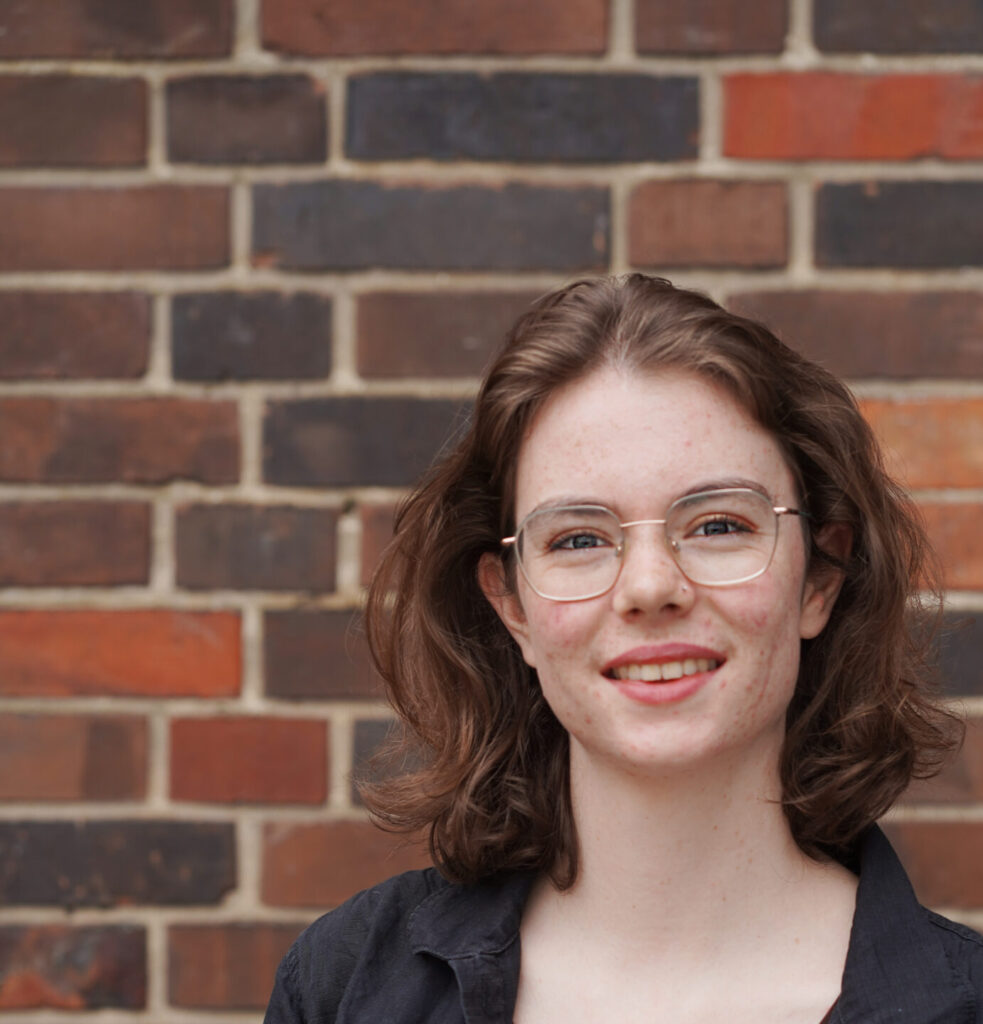
Pauli Albrecht
Pauli Albrecht studies Media & Communication and Law at Leipzig University. With a Background in different Social Movements they take a specific interest in marginalized and repressed perspectives in news coverage and counter strategies in the fields of PR and journalism. The Poster presented here was created as a result of a Seminar about the Communication of the Diaspora with Mr. Hazrat Bahar at Leipzig University.
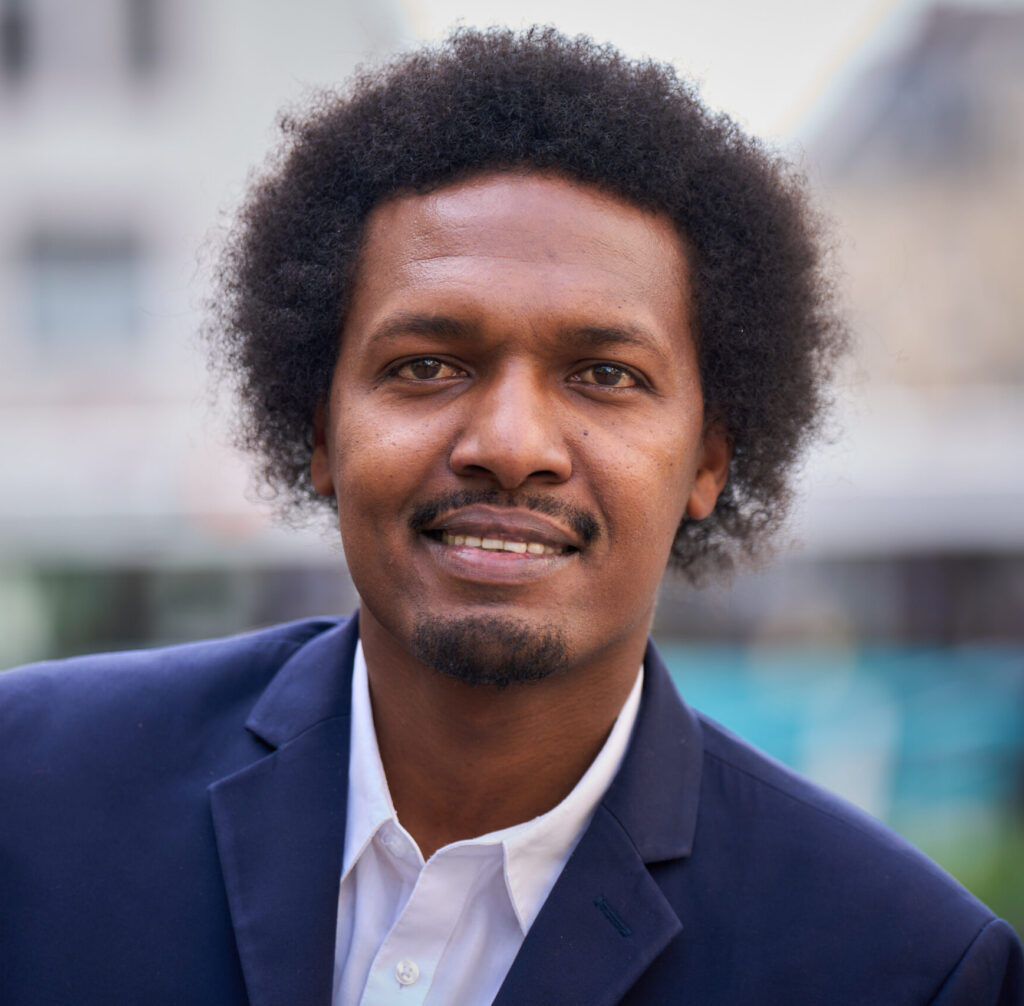
Dr. Merga Yonas Bula
Dr. Merga Yonas Bula is a communication expert and researcher specializing in political communication, migration, diaspora, and media development. He holds a PhD in Media and Communication Studies from the University of Leipzig and a M.A degree in International Media Studies (IMS) from the DW Akademie at Bonn-Rhein-Sieg University of Applied Sciences. His professional background combines significant journalistic experience with academic research and project management. He has worked as a journalist and editor for international media organization, including Deutsche Welle and Afrika.Table (Table.Media), where he reported on complex socio-political issues. His practical expertise is further demonstrated through his role as a co-project manager for media development at the DW Akademie and his ongoing academic engagement at Leipzig University. Since Winter Semester 2025, Dr. Bula has been lecturing Political Communication for DW Akademie’s IMS program.
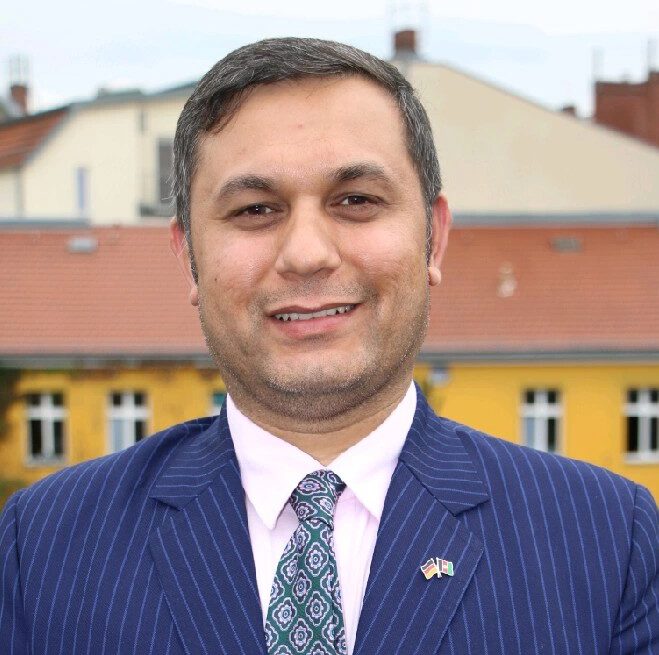
Zia Ferozpur
Zia Ferozpur is an Afghan communications and media professional with more than 15 years of international experience in journalism, strategic communications, and public diplomacy. He served for several years as a part-time lecturer in journalism and communication at Balkh University, training young media professionals and fostering international academic partnerships. He has also worked with the United Nations, NATO, U.S. Government programs, and international media outlets, and is currently a Senior Communications Consultant at Volant Media UK Ltd in Berlin. Alongside his professional career, he actively contributes to civil society as a volunteer, including recent engagements with the DeZIM-Institut, Internationaler Bund (IB), and the German Association for Central Asia e.V. He holds an M.A. in International Relations from Freie Universität Berlin and is an alumnus of the U.S. Department of State’s International Visitor Leadership Program (IVLP) and San José State University fellowships. His work focuses on democracy promotion, refugee affairs, and intercultural dialogue.
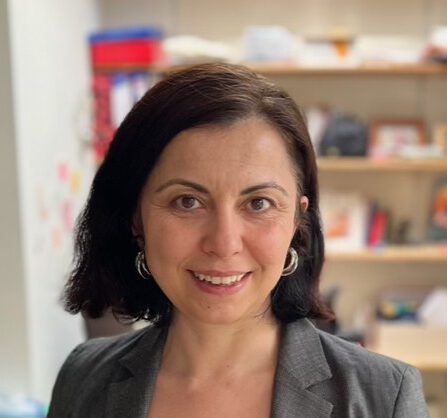
Assoc. Prof. Dr. Çiğdem Bozdağ
Dr. Çiğdem Bozdağ is an associate professor at the Research Centre for Media and Journalism Studies at the University of Groningen. She is the principal investigator of the NWO Vidi project DigiMig (2024-2028, University of Groningen), which consists of three sub-projects focusing on digital inclusion and migration, specifically in the contexts of families, policies, and education. Previously, Dr. Bozdağ held a Marie Skłodowska-Curie Fellowship in the Faculty of Education at the University of Bremen, where she led the INCLUDED project (2019-2023). She also served as an assistant and associate professor and head of the New Media department at Kadir Has University and was part of the Mercator-IPC Fellowship Programme at the Istanbul Policy Center of Sabanci University in Istanbul. Dr. Bozdağ completed her Ph.D. in Communication and Media Studies in January 2013 at the University of Bremen.
Her research interests include media and migration, digital media use, digital literacy, digital inclusion, and media education in schools. Dr. Bozdağ has published several papers and two books on the topic of media and migration. She has co-edited a special issue on Inclusive Media Literacy Education for Diverse Societiesfor Media and Communication (2022) and another one on Representations of immigrants and refugees: News coverage, public opinion, and media literacy.
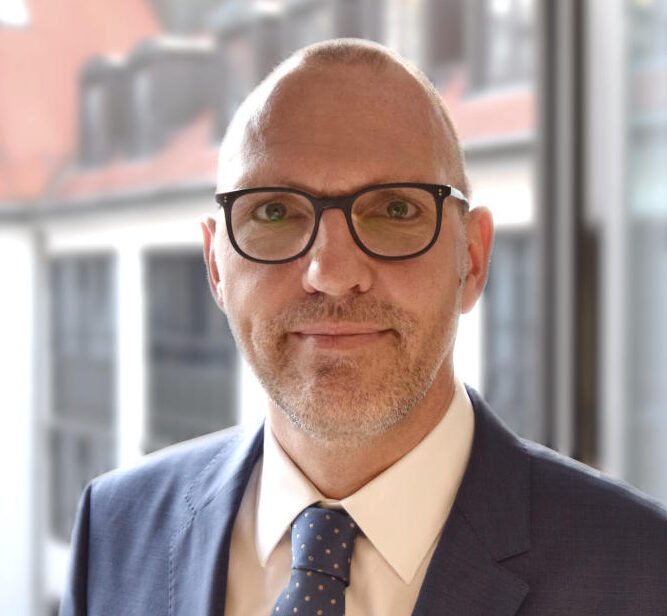
Prof. Dr. Patrick Donges
Patrick Donges is a vice-dean and professor of Communication Studies at the Department of Communication and Media Studies at Leipzig University. His work focuses on political communication, media structures and media policy, theories of communication science, and organizational communication. After studying political science and journalism at the University of Hamburg, Donges worked at various scientific institutions and on various projects, including those in Zurich, Salzburg, Vienna, and Berlin. He spent time abroad, for example, at the Institute of Journalism at the University of Zurich or as a visiting professor at the Institute for Journalism and Communication Science at the University of Vienna. Before starting his work as a professor in Leipzig two years ago, Donges worked as a professor at the University of Greifswald.
Authors
The paper is co-authored by Hamidi, Kamangar, and Khurasani. It will
be presented at the conference by Ramin Kamangar.
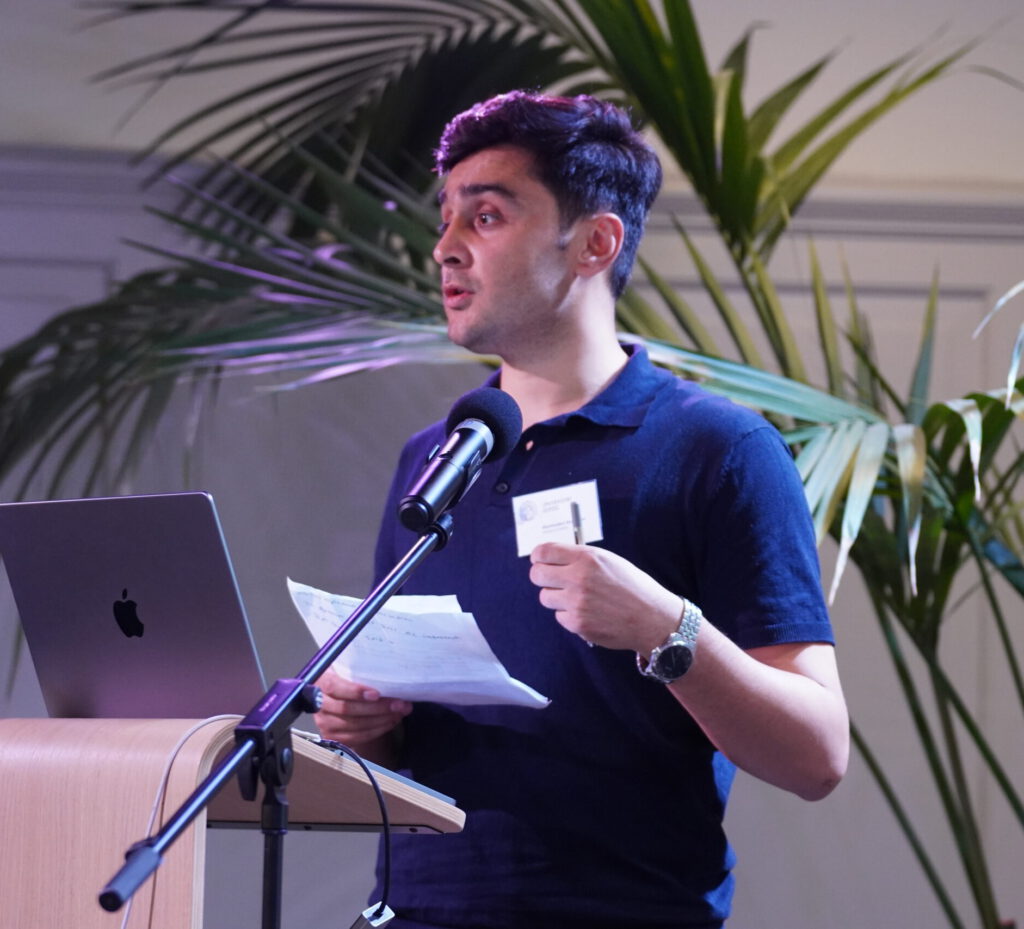
Abumoslem Khorasani
Abumoslem Khorasani, Research Associate at Leipzig University, has published
widely on journalism, extremism, and Afghan media.
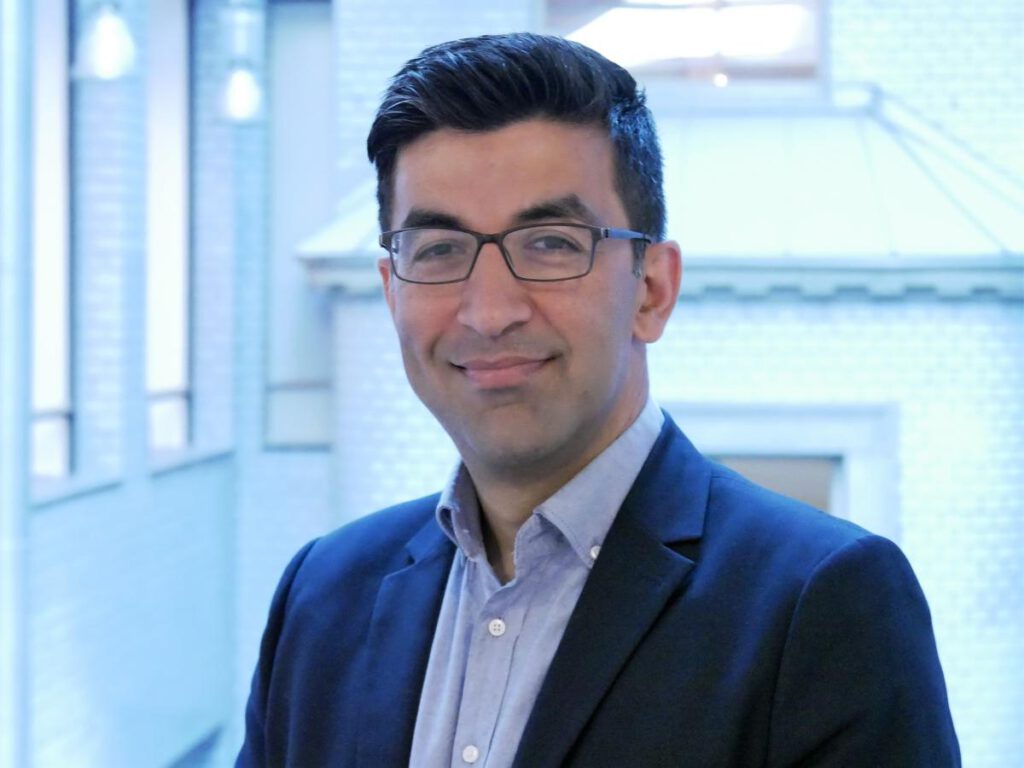
Dr. Kefa Hamidi
Dr. Kefa Hamidi, Director of the Center for Development Communication
(EC4SC) at Leipzig University, works on media and public spheres in
Afghanistan.
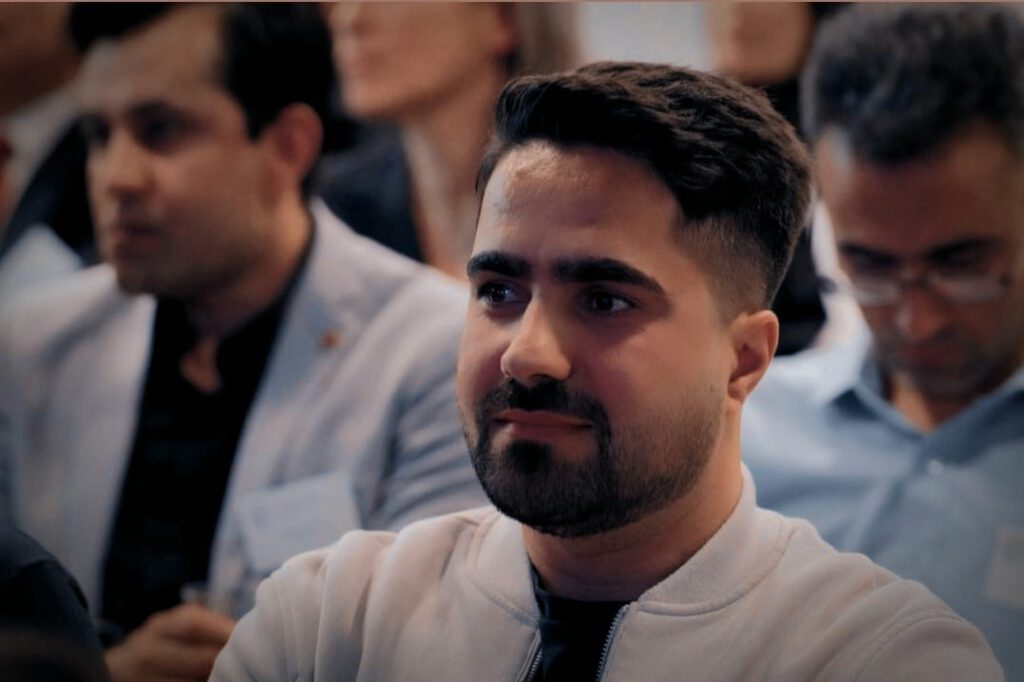
Ramin Kamangar
Ramin Kamangar, social scientist and former Research Fellow at the
Afghan Institute for Strategic Studies, focuses on social media,
integration, and cohesion.